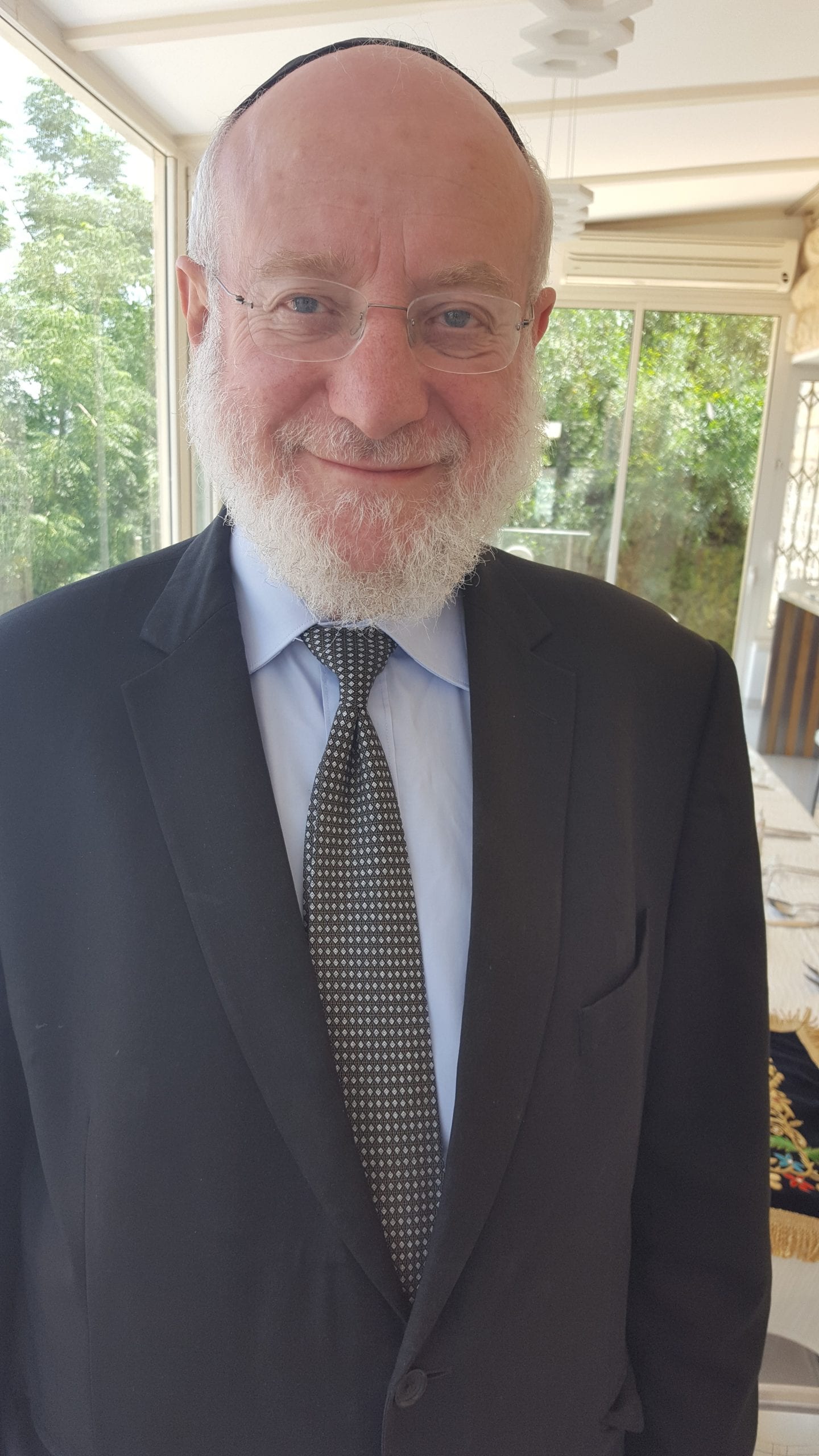
- In this week’s Sidro Ch.23 V.5 why does the Torah state that an Amoni (Ammonite) and a Mo’avi (Moabite) are not permitted to join the holy community for two reasons:-
- They refused to supply food and water during the Exodus from Egypt;
- Because they hired Bilom to curse you.
What difference does the hiring of Bilom make? Why not merely for asking him to do it?
The answer is that the Gemoro in Bovo Kamo states that there are 4 people who are Peturim Midinei Odom but Chayovim Midinei Shomayim (i.e. not liable by strict legal law but liable morally). One is a person who hires false witnesses. Bringing them without pay is a complete Geromo (indirect causation) and one would not even be Chayov morally midinei Shomayim. So too here the culpability of Amon and Moav is because they paid (and thereby used irresistible – persuasion) in hiring Bilom!
- In Ch.23 V.8 we are commanded “Do not abominate an Egyptian for you were a stranger in their land”. See Rashi. From this we learn two major lessons, one from the fact that the cruel Egyptians were rewarded that they are not to be abominated, and the other from the Mitzvah incumbent upon Yisroel not to abominate them.
From the former, we see the great importance of Hachnasat Orchim (hospitality). It was because the Egyptians permitted us to stay in their land and hence we were in some measure their guests, that they have the merit and the reward of this Mitzvah and indeed their third generation would be permitted to enter into the Holy community. Compare this with Amon and Moav who are never permitted to come into the Holy community (See V.4), not even at the time of Moshiach since the verse says Ad Olam – “forever”, because of the fact that they refused to give you food or drink and negated the whole idea of Hachnasat Orchim.
From the other aspect, we see the importance of showing appreciation – Hakarat Hatov. Notwithstanding the cruelty which the Egyptians displayed to us and the fact that they threw all the new born boys into the river and made our ancestors work and slave themselves to the bone with hard labour, nonetheless they did provide, as Rashi explains, a haven for us at the time of difficulty, and we are obliged in return to reciprocate by not totally abominating them, as the possuk explains, “for you were a stranger in their land”. How much more so must we show appreciation for those people who have assisted us and given us all our desires – Hashem, our parents, our teachers, our friends etc.
The Torah abounds with examples e.g. in the case of the plagues, Moshe Rabbenu was not permitted to raise his staff to turn the water into blood because water had saved him, nor was he permitted to bring the plague of frogs for the like reason and similarly the plague of Kinim (lice) because the earth had also come to his rescue in the past. If one has to show appreciation for inanimate objects how much more so for human beings.
There is a beautiful ma’ase quoted in the sefer Tenuat Ha Mussar regarding the illustrious Hafetz Haim who would never overlook any good deed that another person may have done for him. In the year 5671 a.m. in Radin (his home town) he fainted in the Mikveh. The only other person around was the Mikveh attendant who with great perspicacity and effort managed to revive him. The Hafetz Haim expressed his appreciation to him on a permanent basis by giving him a Mizrach seat next to him in the synagogue and at every Yom Tov would bless him and kiss him and drink a lechaim to him. He lived to a very old age and passed away only a few months after the Hafetz Haim. This demonstrates the importance and effectiveness of this wonderful middah and Mitzva of Hakarat HaTov, which we must all endeavour to emulate.







